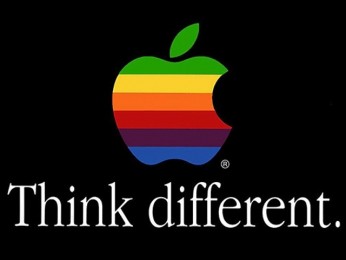 Former HP CEO turned US presidential hopeful Carly Fiorina has been targeting the Apple fanboy vote by claiming she was friends with late Apple founder Steve Jobs.
Former HP CEO turned US presidential hopeful Carly Fiorina has been targeting the Apple fanboy vote by claiming she was friends with late Apple founder Steve Jobs.
Iit appears that if they ever were friends, that did not stop the self-serving megalomaniac from getting one over on her. Fiorina has forgotten the sad story of the HP/Apple deal which went sour.
Apple wanted HP to stop installing Windows Media Store on its PCs and replace it with iTunes Music store. Jobs basically offered Fiorina the chance to sell iPods branded with HP’s name if she did this.
Fiorina nodded and the deal went through. However Apple upgraded the iPod, making HP’s version outdated and HP was still stuck with iTunes.
It got worse for HP. After it purged Fiorina in 2005, HP ended the iPod deal in July that year, but because of Fiorina’s deal HP was banned from selling its own music player until August 2006.
All’s fair in love and business, but it does seem odd that Fiorina would suggest that she was a “good friend” with a bloke who mugged her and HP’s shareholders for his own evil cunning plan.
Jobs had effectively got his software installed on millions of computers for free, stifled his main competitor, and got a company that prided itself on invention to declare that Apple was superior.
Fiorina seems to think that Jobs was her mate because he rang her to say he was sorry she got canned. Of course, that could have just meant that Jobs was upset because he did not think he would get another deal like that past a different HP CEO.








